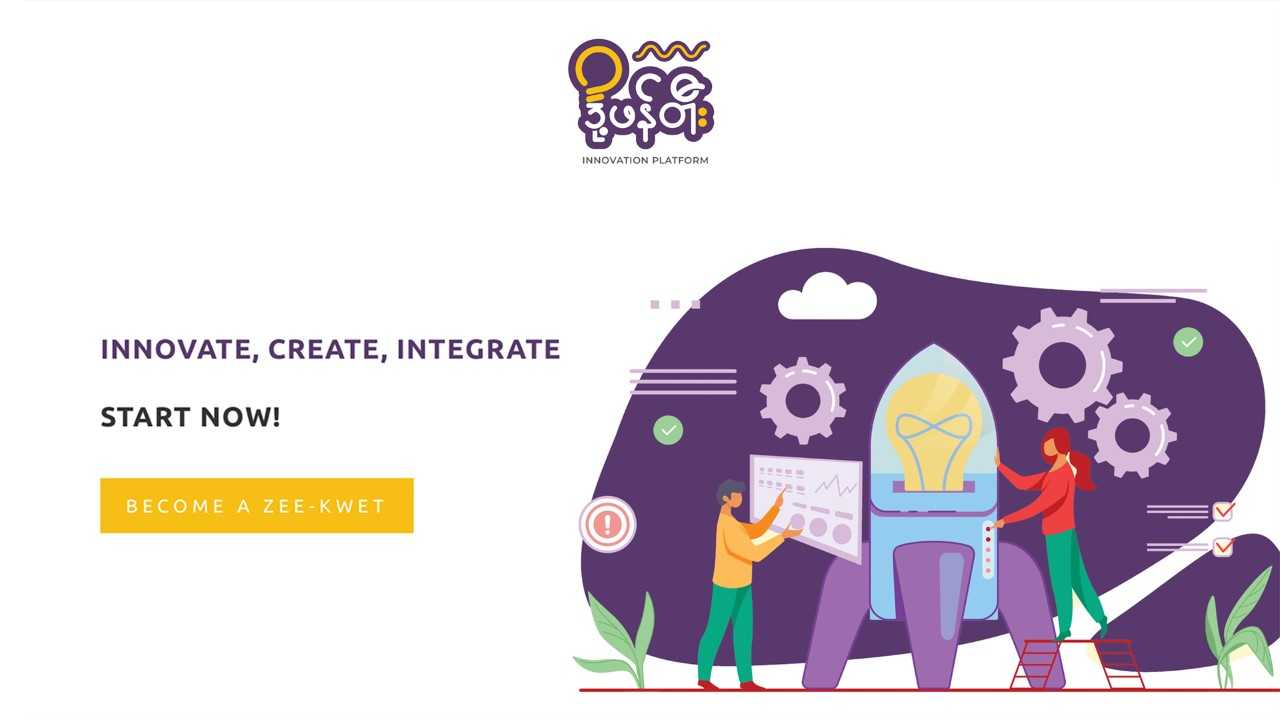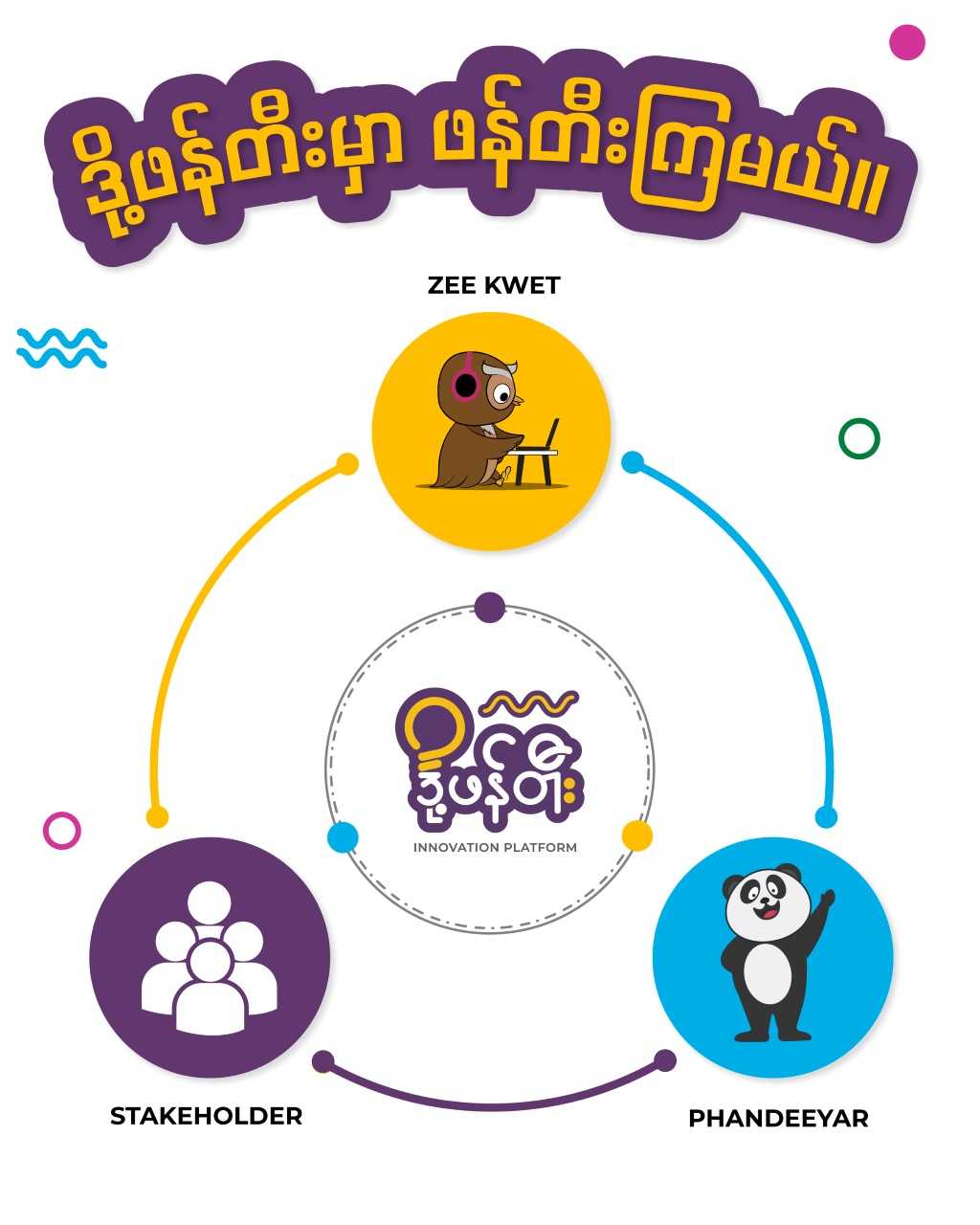Open Data Challenges in Myanmar
This article presents the results from the project implemented by Phandeeyar to using open data to support the election process. Activities took place in 2020, and the military coup in February 2021 has drastically changed life in Myanmar. SPIDER follows the situation closely and hope all our partners are safe.

wReliable and accessible public data is a backbone to decision making and accountability in the public sector. Digital technology and electronic government (e-government) services have exposed governments to public scrutiny due to widespread sharing of information through digital media. Individuals and institutions rely on data to demand better services and audit actions and decisions of duty bearers and providers of public services. It is difficult to collect, analyse and publish meaningful data. Some organisations working with open data use data challenges to tap into tech human resources.
What is Open Data challenge?
The Open Data Challenge is a prize or non-prize competition for generating innovative open data solutions aimed at solving problems.
SPIDER supported Open Data Initiatives
In Myanmar, access to open and reliable public data is a challenge. SPIDER was part of the efforts aimed at accelerating access to data until the Tatmadaw ousted a newly elected government in the February 2021 coup d’état. SPIDER supported a project implemented by Phandeeyar, establishing new platforms and collaborations to provide access to essential information particularly information on issues of COVID-19 crisis and 2020 Myanmar general elections. It run data challenges pertaining these issues. With Phandeeyar data challenges and platforms, civil society organisations could access data for their projects on COVID-19, electoral monitoring and voter education.
Due to Myanmar’s challenging political climate in 2020 and 2021, the project changed course to focus only on topics of COVID-19 and environmental issues. Research was conducted on the project and reported the following findings and results before the February 2021 coup d’état:
• Phandeeyar conducted a data challenge on trash burning and pollution data. It was the first time for Myanmar to have that form of data to tackle environmental issues and air pollution in Myanmar.
• Doh Phandee, an Open Innovation Platform was launched to connect the tech community, civil societies and private organizations in Myanmar to collaboratively work on Covid-19 data challenges. Phandeeyar data challenge programme allowed women in technology to participate and empowered the gender role in technology industry.
• Result follow up shows that the data challenges were successful and transparent. At least six contestants won in the contest and majority learnt about the contest through Facebook, “all contestants were happy with the contest. All of them saw the contest as necessary and valuable, and all of them reported that they gained new knowledge, exposures and connections, and learned new skills.” However, the time for challenge contests (two weeks) was not enough to produce the desired solutions especially when data-sets were not provided. Contestant noted that it takes lot of time to search and obtain data and information in Myanmar.
All contestants were happy with the contest. All of them saw the contest as necessary and valuable, and all of them reported that they gained new knowledge, exposures and connections, and learned new skills.

It is not the first time SPIDER has supported open data initiatives in Myanmar and the neighbouring countries. In the past, SPIDER funded an open data initiative to monitor sustainable development goals in the Lower Mekong Region. Open data challenges have remained the same in the region but with the increasing number of data initiatives, access to data has increased. For example result follow up identified other OIPs that have data challenges i.e., Kaggle, TopCoder, Innocentive, Devpost, and Singapore Open Innovation. All these OIPs contribute to improving access to data.
Recommendations from research
Result follow up report shows that there is a well-established open data community in Myanmar with several actors organising data challenges and managing data platforms. There is also a strong demand for data by individuals and organisations as well as willingness to participate in data challenges by same individuals and organisations. The research suggests a community-based approach be taken to create more partnerships and affiliations with different actors investing in open data (international organisations, donors, private sector, educational institutions). Better results are projected from this synergy.
The contestants in data challenges expressed a need for more training, knowledge sharing, and mentoring with experts. Majority contestants or solution developers had no prior knowledge and experience in data challenges. Research suggests capacity building as input for better results and knowledge development.
Young developers were interested in using games and pictures to represent data. This was expected to increase the number of young viewers and users of the published data. Further activities should explore these aspects.
